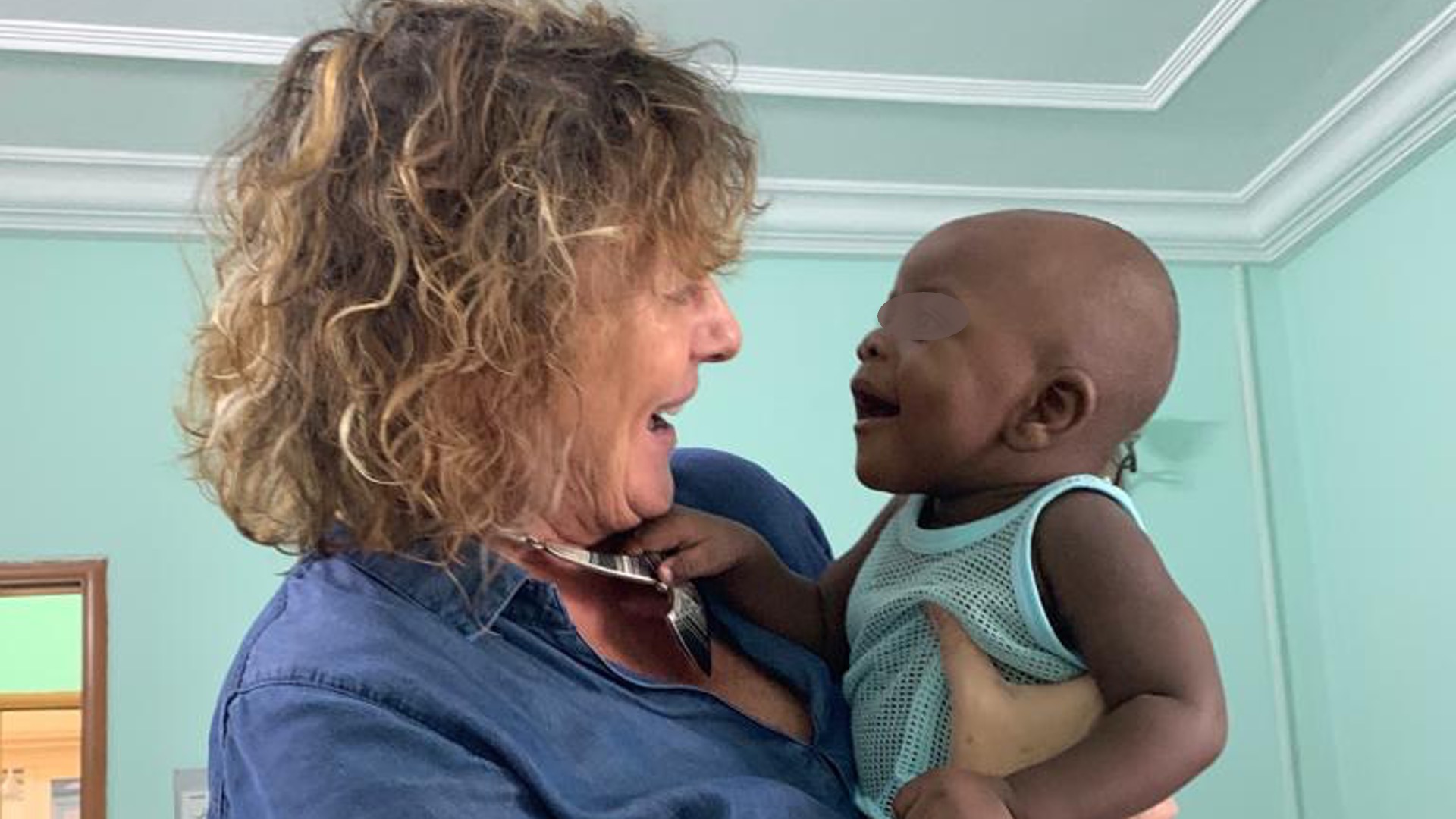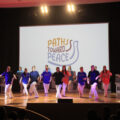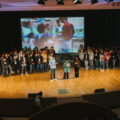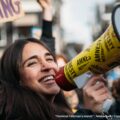
Workshop
‘Human Rights Are the Cure’: Interview with Alessandra Morelli, Former Delegate of the UNHCR
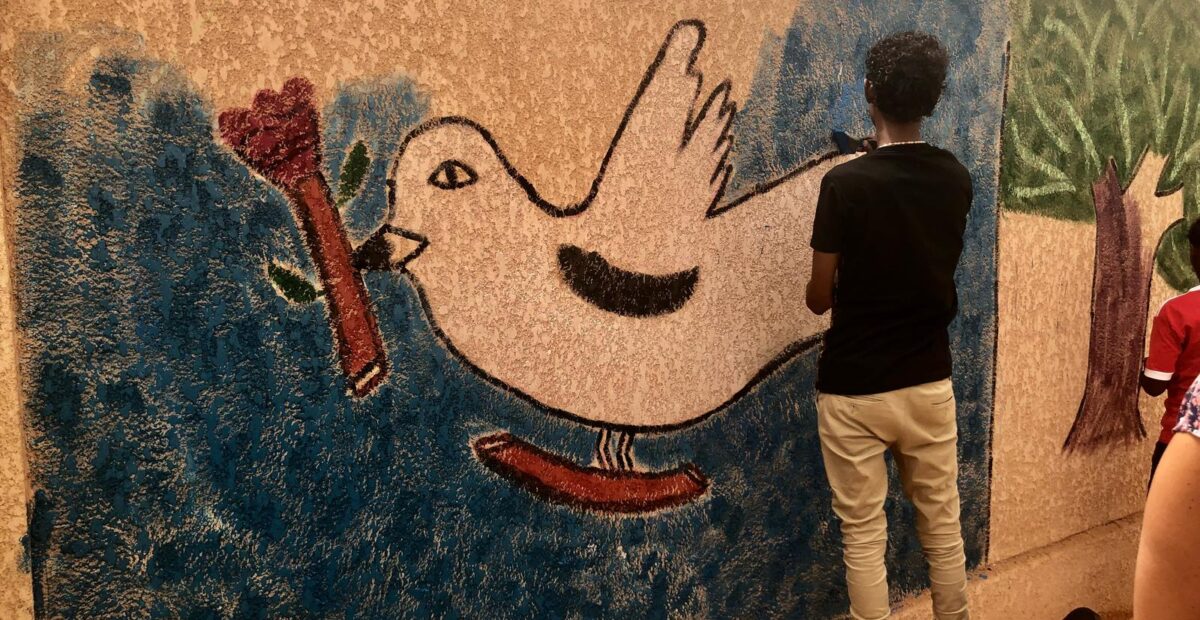
With over 30 years of service in conflict zones for the United Nations High Commissioner for Refugees, Morelli analyses the current challenges in human rights and how to work towards restoring human dignity.
Alessandra Morelli served as a delegate of the United Nations High Commissioner for Refugees (UNHCR) from 1992 to 2021, dedicating nearly thirty years to working in some of the world’s most fragile and suffering countries. She poured her heart into this extensive experience, even risking her life during an attack in Mogadishu, Somalia’s capital, on the African coast in 2014. We spoke with her about human rights, beginning with a definition she gave of herself: ‘a woman of dialogue and mediation, raised amid the colors and cultures of the world.’
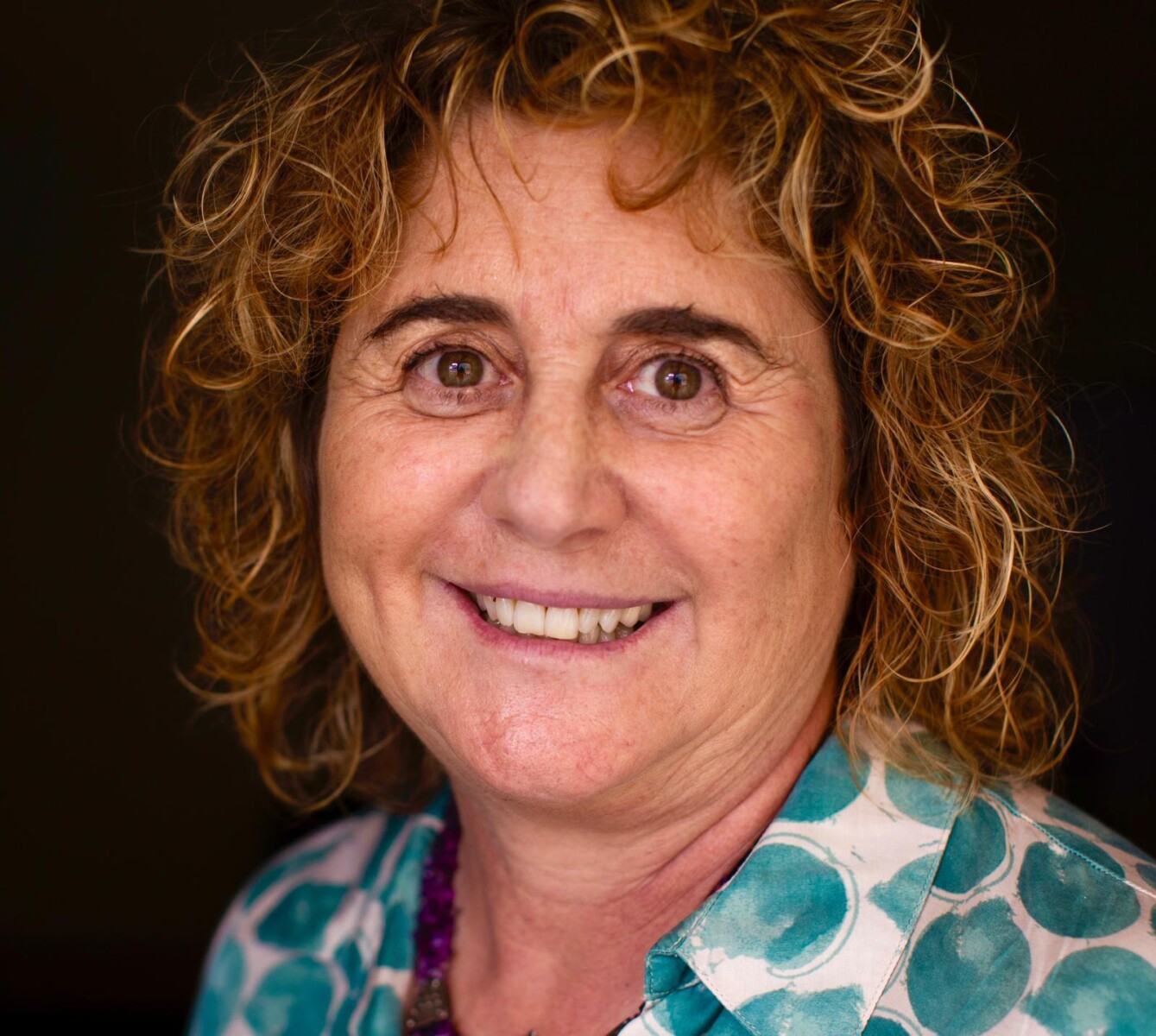
Alessandra, can we begin with this definition to tell your story?
I was conceived in India and belong to a family that has always travelled. This led to my life spent amid colors, cultures, and different countries, up until my work at the United Nations: another journey, this time amid countries in conflict. I am a woman of mediation (humanistic, I would say) and of dialogue because I have lived among differences that I have never felt were alien to me. I have never absolutised my identity. I have experienced it in communion with others. This has not deprived me of my individuality; it has only broadened my perspective, reaffirming that we are part of the same humanity. Conflict arises from absolutising one’s identity. Feeling part of other cultures leads to reciprocity.
What does it mean to work at the UNHCR?
I trained in emergencies. I immersed myself to the point of smelling the acrid odour of conflict during the major wars following the fall of the Berlin Wall and the Twin Towers. I have also worked in countries fighting terrorism. I love to define my work and that of my colleagues as action to open spaces: for dialogue, protection, hospitality, and care for those who are forced to flee. These spaces exist between international borders and within the same country. Space as a recovery of dignity, of the breath of life. I have always dealt with uprooted people lacking a space that creates possibilities for the future. War erases place. As Pope Francis said: ‘War is the failure of humanity.’
What is the opposite of war?
Welcoming. It enables the protection of human dignity, but within Fortress Europe, it was stripped of its profound meaning. It is seen as depriving something. In all religions, especially the three monotheistic ones, there is a seed of the divine in hospitality. Even the word solidarity has been emptied of its profound meaning; that, to quote Stefano Rodotà (an Italian jurist and politician), serves as a compass and resolution for humanitarian crises. We have slipped into the temptation of building walls. In my work, I have sought to negotiate these resolutive values with the governments of the countries where I have worked, to nourish a humanity obscured by violence.
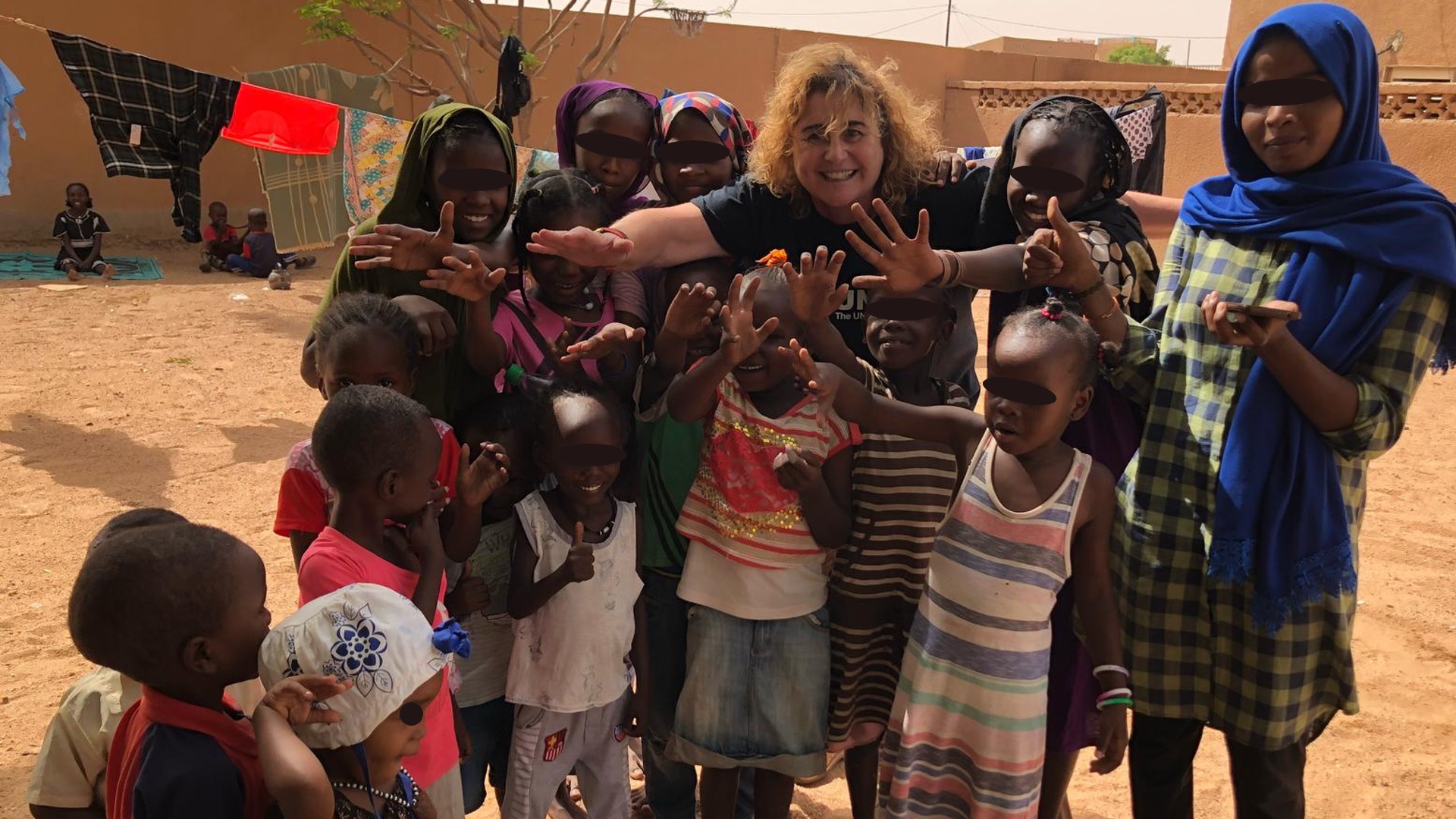
Recently, you developed a thematic path entitled Towards a Care Economy. Art to Remain Human. What value does this have for human rights?
After 30 years spent amid neglected rights, in countries where international law is not respected, I sought to give a narrative form to my experience. In my first book, Hands That Protect: Stories, Places, Faces from My Thirty Years Amid Wars and Conflicts, I discuss how one can constantly slip into the inhumane.
How can we monitor this danger?
I wondered what words could be used to build and heal, which need to be urgently circulated. Welcoming, hospitality, listening, inclusion. Their absence is an alarm bell in a political context of ethnic replacement, residual burdens, and the externalisation of borders. Hence the desire to rehumanise through meditations, conferences, and books: the first book and the second, Towards a Care Economy. Art to Remain Human. Humanising is a path of education. Erasmus of Rotterdam said: ‘One becomes human.’
How has the world changed regarding human rights? Evolved or regressed?
The latter. After many years amid denied human rights, in Italy, I have encountered issues similar to those I faced in my work. The way migration is managed is a sign that we are not conscious of being part of the same human community. We do not know the person fleeing from conflict or seeking a better life. There is a fluid boundary, as we see today between asylum seekers and economic migrants: a corridor unfortunately devoid of legal recourse. Countries are closing more and more, and with the election of Trump, we are moving away from the idea of resettlement. In Europe, rights are very fragile; they are managed based on popular sentiment, often influenced by elections. For Plato, politics was caring for the community.
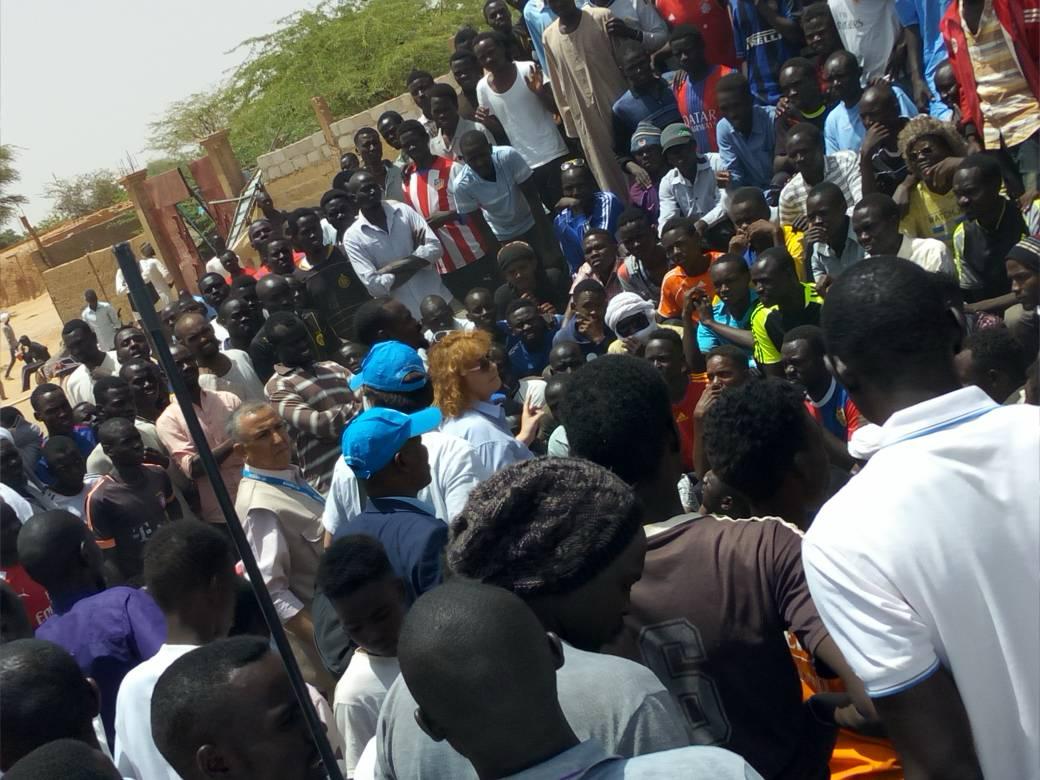
Should solidarity have a place in politics?
The UN was created as a tool of hope after World War II to say ‘never again’ to unbridled rearmament. That ‘never again’ also includes multilateralism. At the UN, no country isolates itself; it collaborates with others to solve its problems. However, today, the UN is isolated, unwelcome. We have returned to unilateralism, as we see with America and Russia. This is the neoliberal world, characterised by individualism and power. The more we live for power, the less humanity is expressed.
How important is it to talk about human rights?
We must not lose our passion for human rights: they bring ‘homo reciprocans’ back to the centre and stop violence. Human rights are the cure. They safeguard humanity. They are the sentinels of wellbeing. In the Bible, the word ‘sentinel’ is often translated as ‘guardian’.
What can an ordinary citizen do for human rights?
Defending them is everyone’s duty and the responsibility of individuals. How? By informing ourselves, beyond fake news and propaganda. By seeking the right sources with a broad perspective on the vastness of the world, well beyond one’s own backyard: by educating. Culture transforms. Culture fosters respect for human rights. Not everyone is called to undertake great works, but everyone is called to be gardeners.
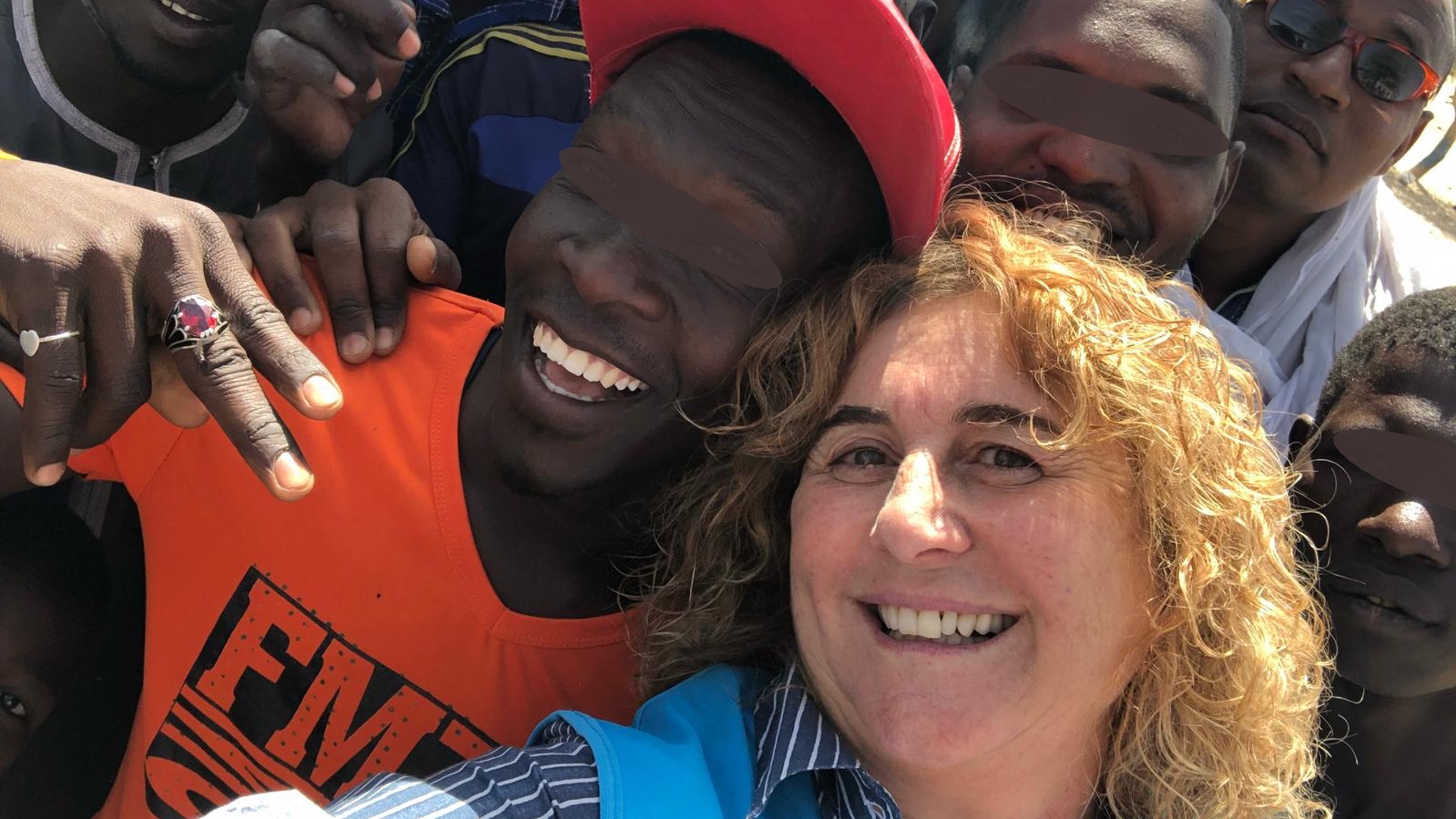
What power does the UNHCR have to bring peace to the world?
UN organisations like UNHCR, the World Food Program, FAO, UNICEF, and IFAD stay in the conflict, risking their members’ lives. This happened to me and my colleagues who gave their lives for a cause of peace, reconciliation, and dignity. Today, the UN is in Gaza, in Ukraine… we are the ones picking up the pieces.
How?
We are like the potters of ‘kintsukuroi’ (which is on the cover of my second book): people who transform broken pieces, even decorating them, following the wounds and cracks of breakage with gold and silver. UN agencies perform prophetic acts every day.
Like the one you yourself did by raising the UNHCR flag at the airport in Mogadishu, which caused the attack in which you were injured?
Many people told me: ‘This is enough for us, because we feel like we are not alone.’ It is moving. I make an appeal to support these organisations and NGOs. Without them on the ground, everything would be darkened. They guarantee the bread and protection that make life possible and they help us know the truth.
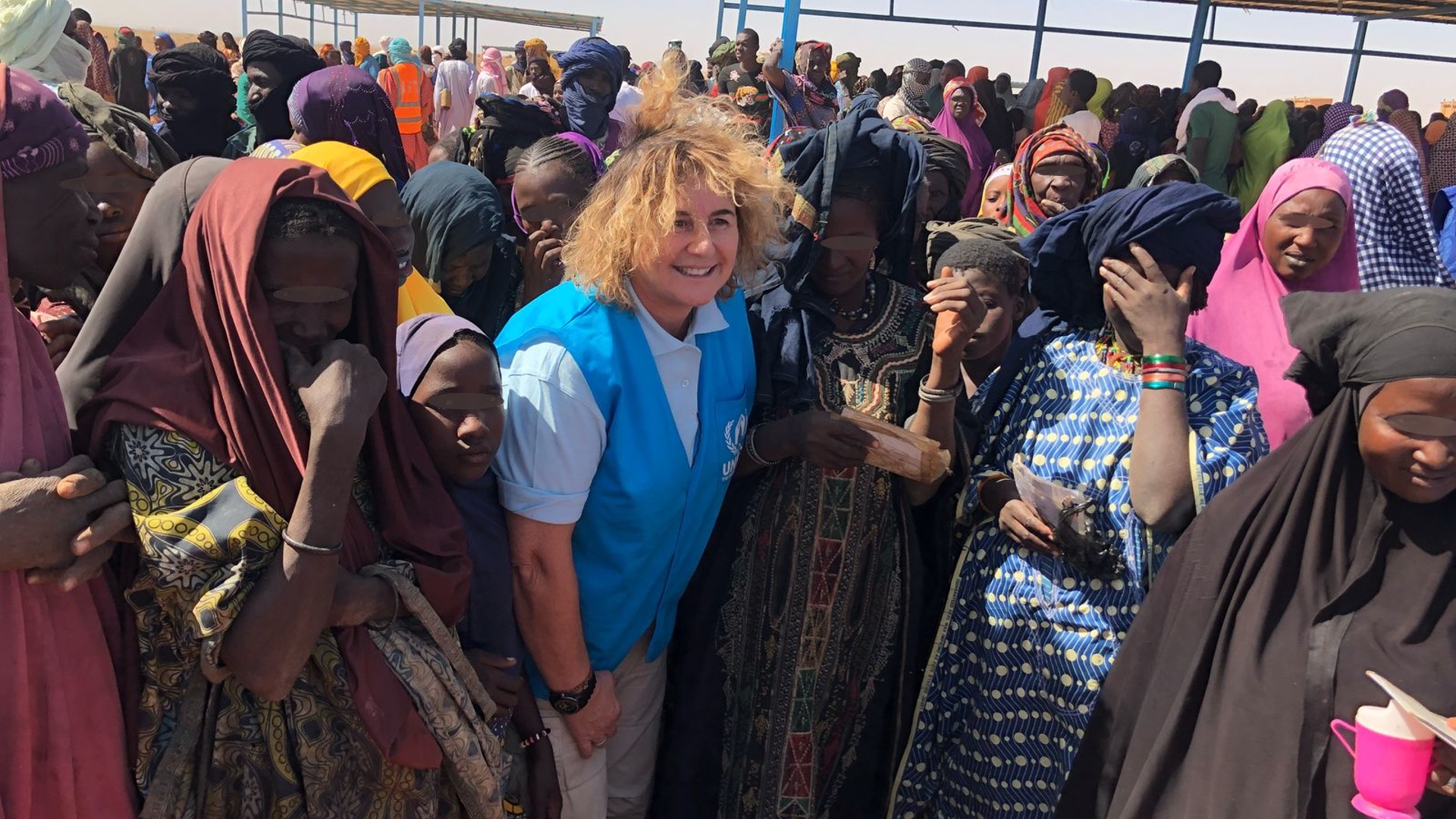
How important is the word hope in relation to human rights?
Fundamental. I learned it from the eyes, words, and behavior of many refugees and displaced persons who had lost everything, but who always kept hope. Earthly hope is the key that enables survival, but it is nourished by the work of a caring community. Then there is spiritual hope, of faith: that God leaves us, but He leaves it to us – as Don Tonino Bello said – to work on it. Hope is a gift that we must cultivate. That is why we are gardeners.
How important is it to educate young people to improve human rights?
Education is urgent. Action comes from awareness. One does not act without deep reflection. We need to make our young people understand that human rights are in the DNA of human beings themselves. They are the compass, the map: they are words of life. But education can also happen in work environments. A paradigm shift is necessary. Let us unite to prophetically traverse this dark period, this time of arms races. After thirty years around war, I say that weapons never bring peace.
